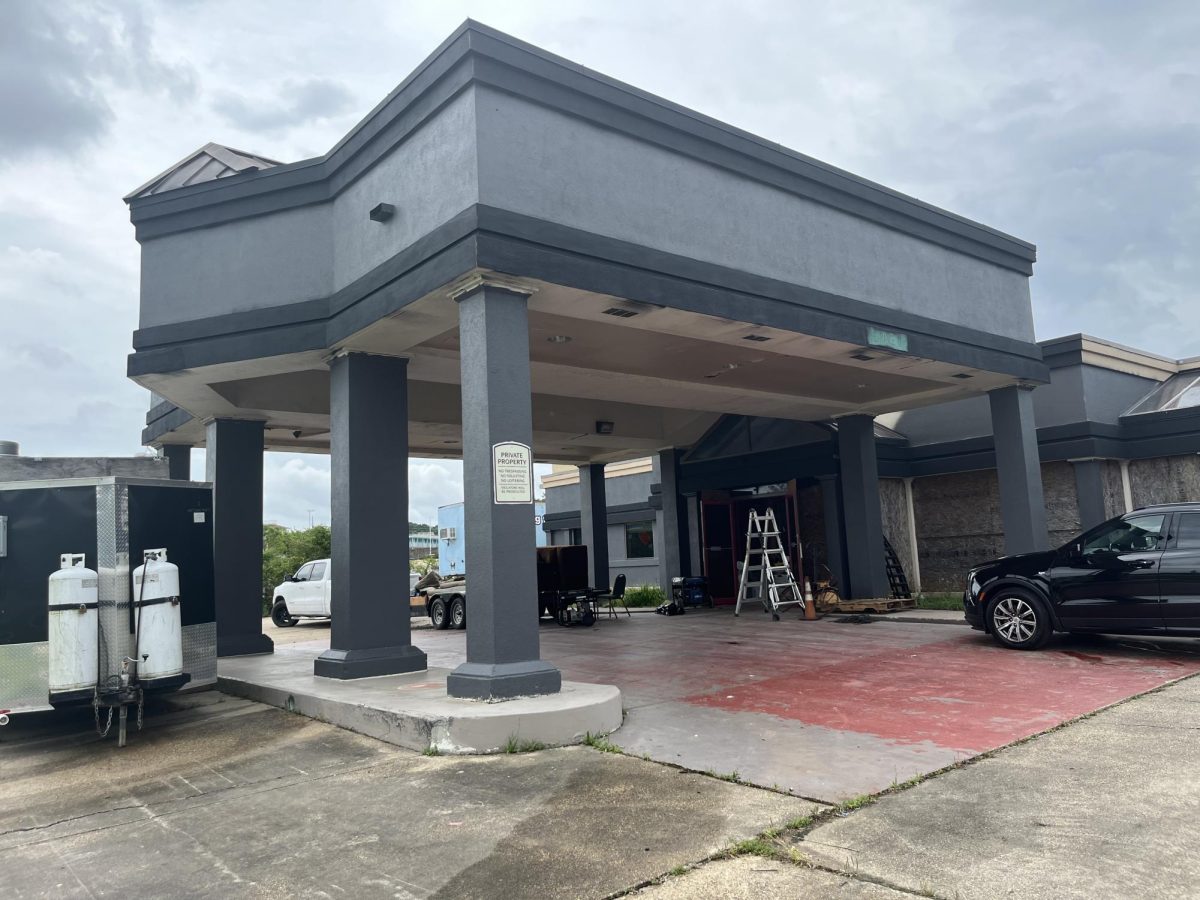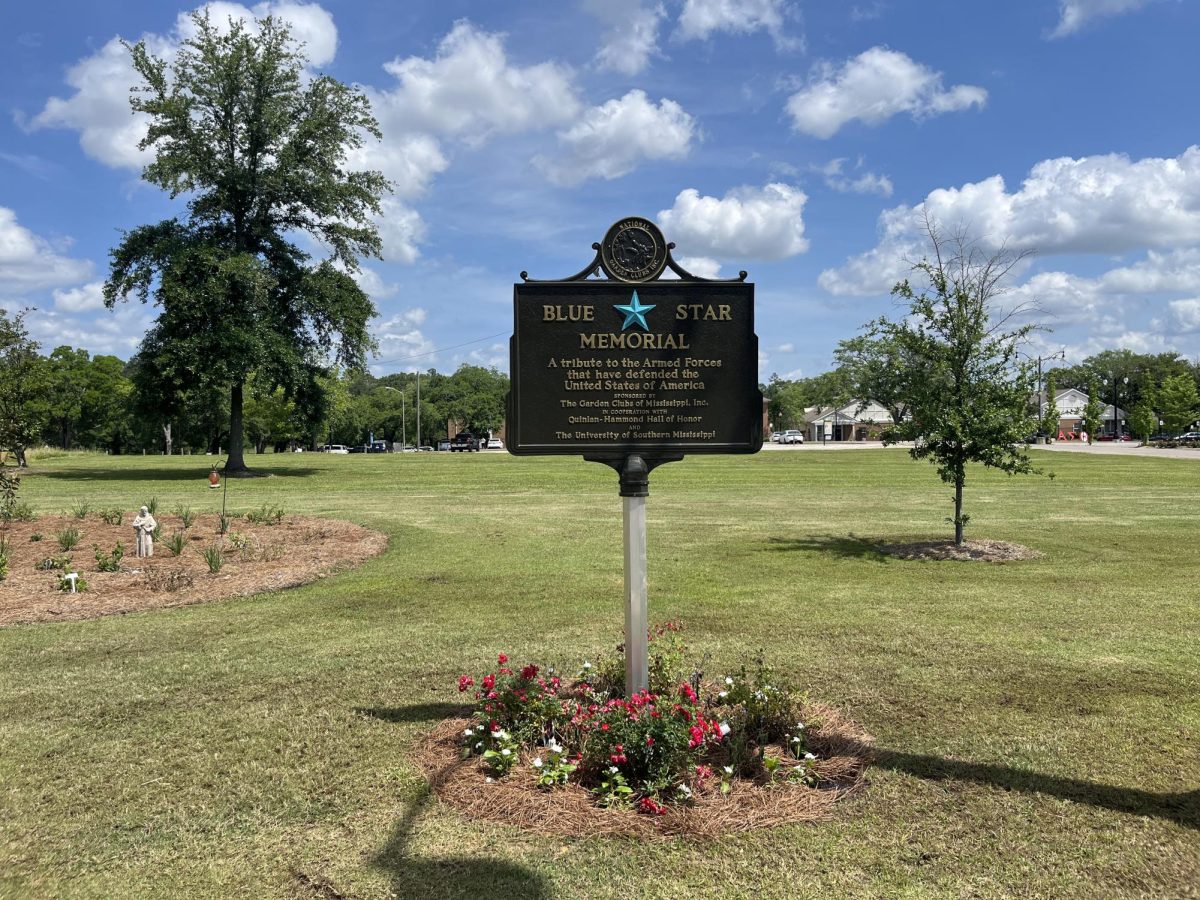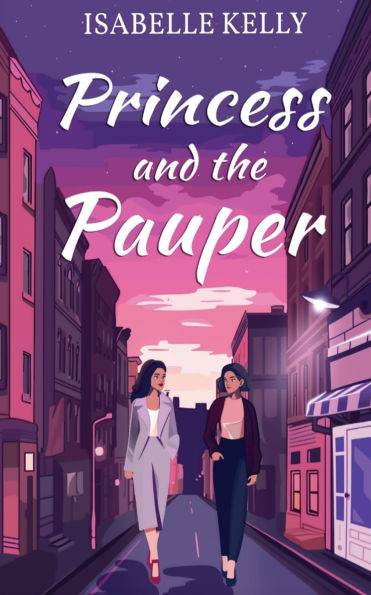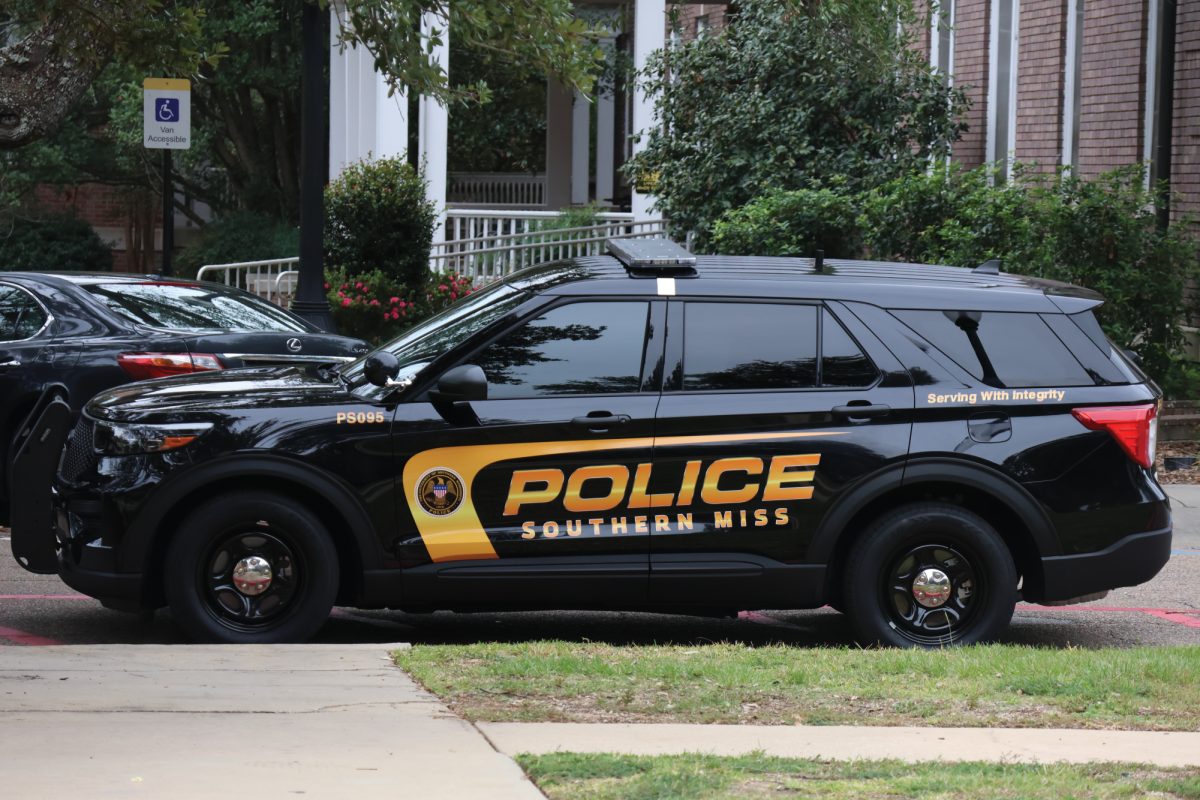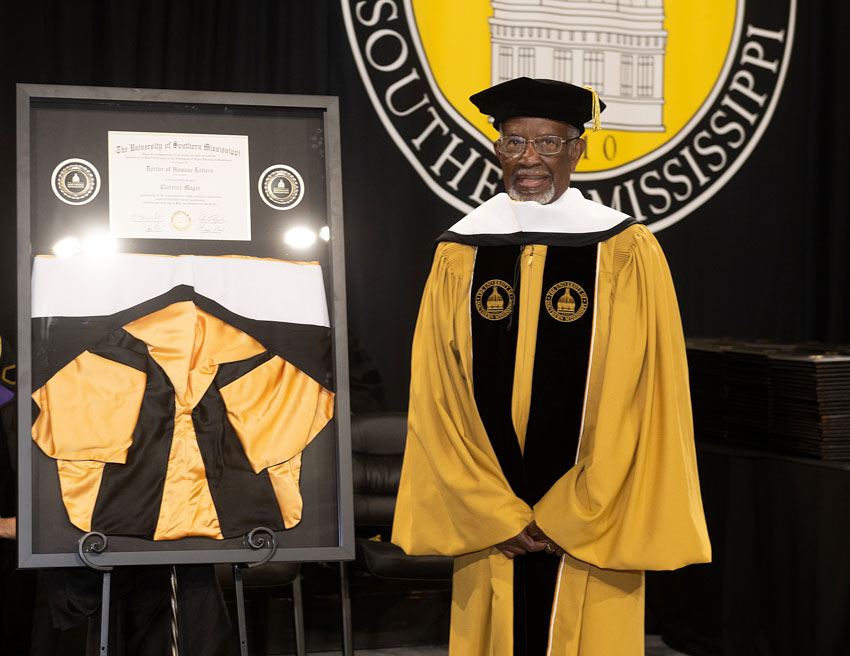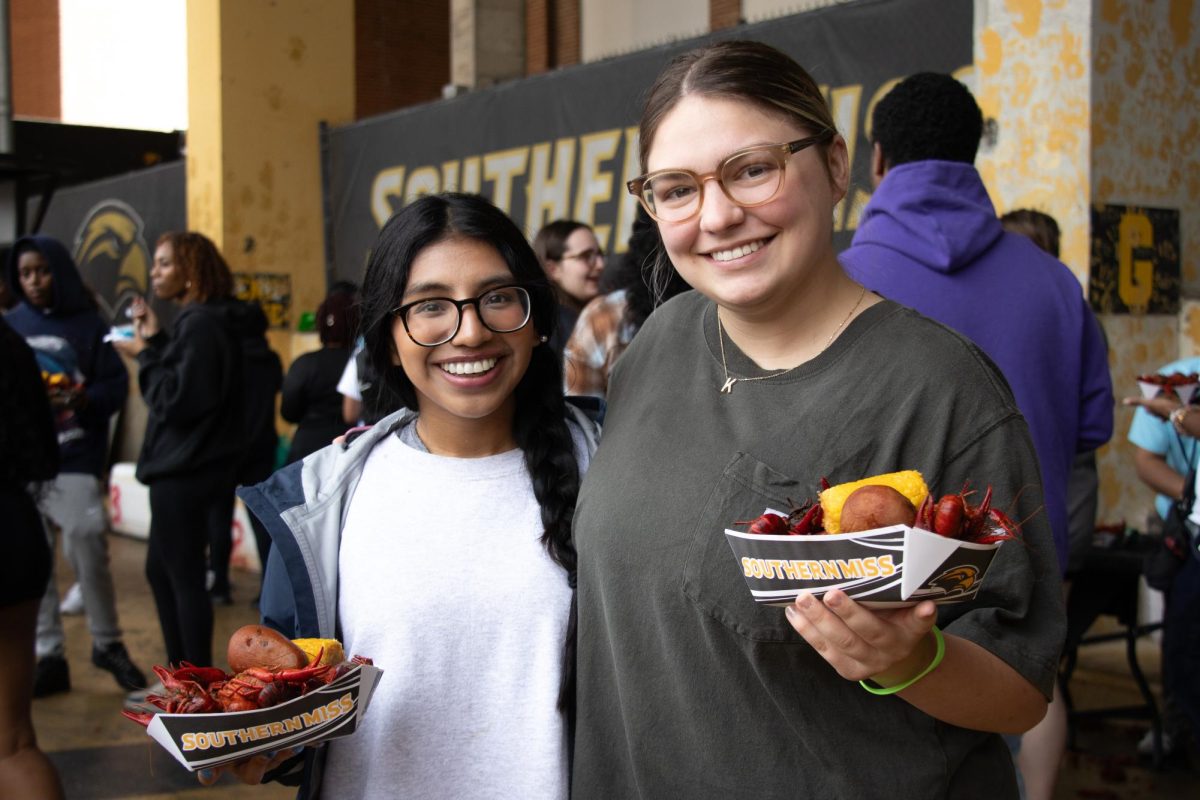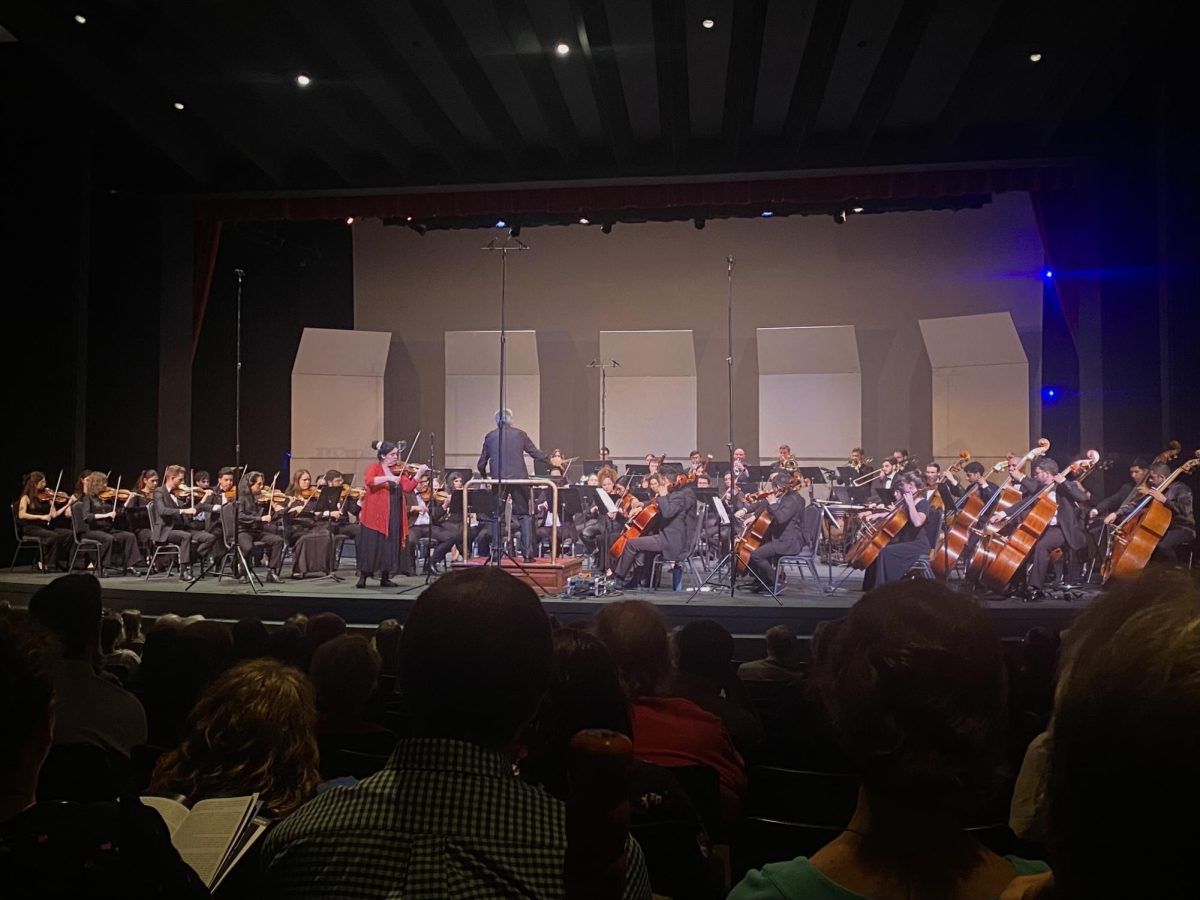Guests packed the lobby of Kennard-Washington Hall, mingling, bustling and waiting for Myrlie Evers- Williams to arrive. While most guests donned suits, sport coats and dresses, two significantly underdressed attendees stood out. One was a reporter, and the other was Corey Murchison, a student waiting to see his great-aunt as eagerly as someone waiting to see a movie star.
Murchison, a junior media production major, is the great- nephew of Evers-Williams by way of Charles Evers, her late husband’s brother.
“When I was growing up, I didn’t know a lot about my family history,” Murchison said. “I think I was in middle school when I learned about it. I knew who my great uncle was, but then I realized that I was related to Medgar Evers, which meant Myrlie as well.”
Murchison talked about her with the glowing admiration of someone getting to meet one of their heroes.
“She’s a major part of history, and if she’s related to me, then I know I can do great things too,” Murchison said.
He waited anxiously, shifting back and forth, looking around the reception hall hoping to catch a glimpse of her so he could talk to her. Suddenly, a bluster of applause filled the room, and Evers- Williams walked in.
Interim Vice President of Student Affairs Thomas Burke opened the reception, and he recognized several prominent actors in USM history in attendance, including Raylawni Branch and Gwendolyn Armstrong Chamberlain, the students who successfully integrated USM’s campus in 1965.
“On the day that it was initiated, and this building was renamed, the line of people went all the way around this room, and people were in line out to the stoop,” Branch said. “It was just a wonderful day.”
Branch thanked President Emeritus Aubrey Lucas for his efforts and said none of what had happened could have been possible without him.
A representative from the Hattiesburg City Council gave Evers-Williams the key to the city on behalf of the council and Mayor Johnny DuPree.
After a few more tributes, the floor was opened. People swarmed Evers-Williams, looking to take pictures with her and thank her for her work, and Murchison was among them.
After fighting his way through the crowd, he knelt beside her and put his arm around her shoulders, leaning in to talk to her.
“She said she was excited to know that I was going to school here,” he said.
After a brief moment, Murchison was hurried away so others could get time with Evers-Williams.
Evers-Williams gave a passionate lecture about her struggle over the years with learning to let go of the hatred she felt for her husband’s murderer and believing in the justice system.
“It took 30 years to bring that man to justice,” she said. “Justice still prevails in the United States of America. It may be slow, but it happens.”
She talked about her time with Coretta Scott King and Betty Shabazz, and their fight not only as the wives of renowned activists but as activists themselves.
“The three of us were the best of friends,” she said. “What impacted one impacted the other.”
She said the women knew their husbands were doing dangerous work but that they were willing to do what was necessary to change the system.
“They knew what was coming, but they believed enough in humanity to take the risk,” she said.
Evers-Williams credited her daughter with helping her through the years and helping her to come to terms with her husband’s murder. She said her daughter would tell her that her husband would not want her to hate anyone.
She addressed the crowd and voiced suspicion and concern about the political candidates and the landscape today, recalling the obstacles that were once used to keep African-Americans from voting.
“Are you willing to pay the price to carry out your commitments?” she said. “Don’t give up on your dreams. Hopefully those dreams will be clear, and hopefully those dreams will be just.”
Members of Delta Sigma Theta sorority gave Evers-Williams gifts of appreciation, and she received a plaque of recognition from the local chapter of the NAACP. Evers- Williams received the Spingarn Medal, the organization’s highest award, in 1998.
Murchison said the lecture Evers-Williams gave was inspiring and interesting.
“She really knows how to get people’s attention,” he said. “She’s funny and inspirational, and she always knows the right thing to say. I don’t really see her as a celebrity but as a family member with so much wisdom to offer.”
Evers-Williams stressed that the nation was at a turning point, no matter what happens in the upcoming presidential election. She spoke about her husband and her friends’ husbands’ commitment to the Civil Rights Movement, which culminated in the killings of both Rev. Martin Luther King, Jr. and Malcolm X.
































